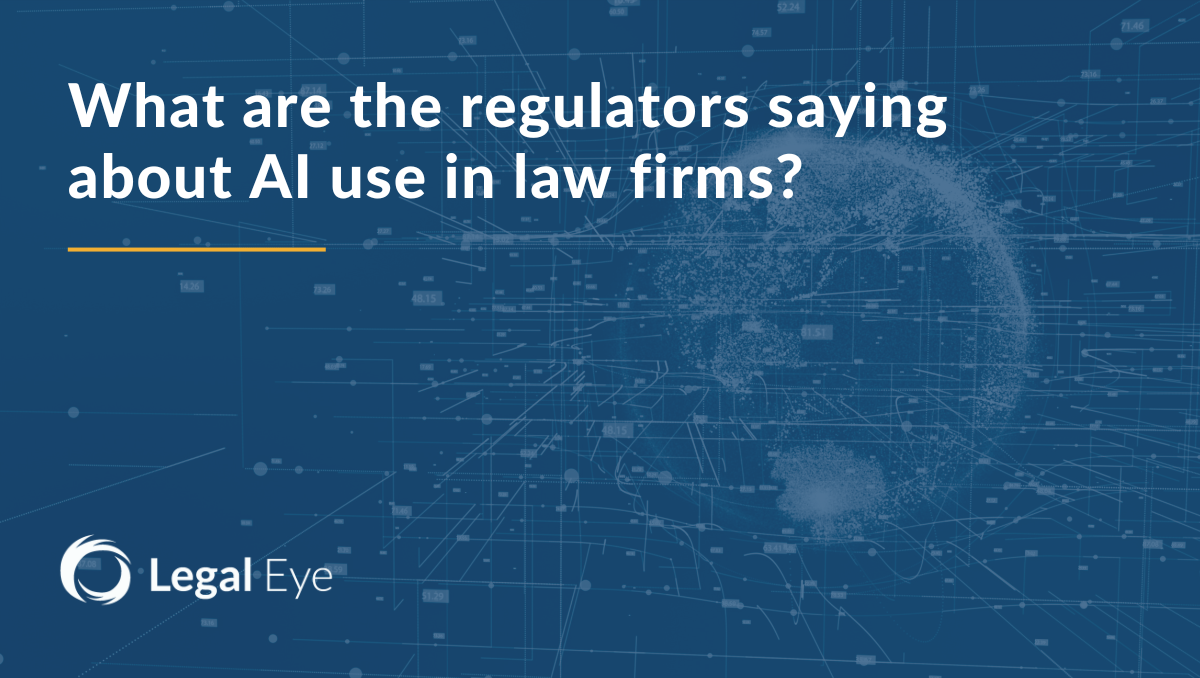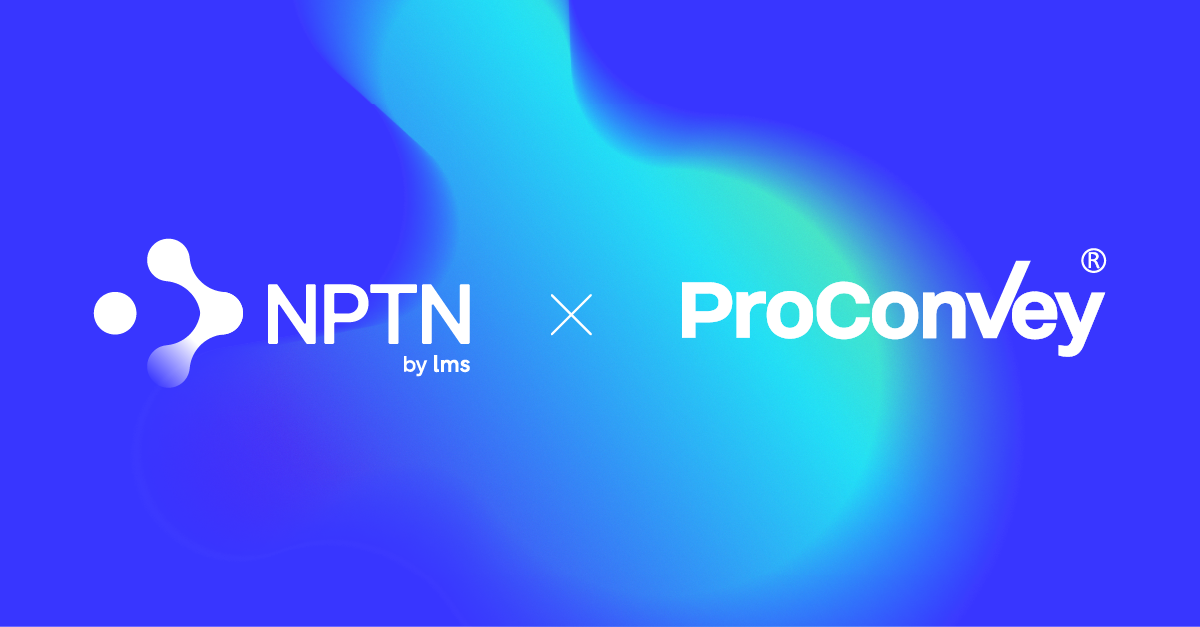Our 2026 Annual Conference was always going to feel significant as we marked a real…
Artificial intelligence is here, and law firms are already experimenting with it. Whether you’re exploring tools to speed up drafting, streamlining conveyancing processes, or supporting legal research, AI is rapidly becoming part of daily legal practice.
But what do regulators think? Should firms be cautious? Are there set rules to follow? While the answers are evolving, one thing is clear: regulators support innovation, but they expect AI use to be well-governed, ethically applied, and always in the client’s best interest.
Below, we break down what the UK’s key legal regulators are saying about AI, and what it means for your firm.
Solicitors Regulation Authority (SRA)
Key takeaway: Balanced innovation with oversight
To support the safe adoption of AI, the SRA established the “SRA Innovate” program. This initiative offers guidance on regulatory compliance and shares insights from ongoing projects and research.
Notably, the SRA doesn’t tell firms which systems they can or cannot use. Instead, the regulator is outcome-focused, meaning it expects firms to meet their existing obligations – regardless of the tools used.
Key messages from the SRA:
AI must not compromise a firm’s ability to meet its regulatory obligations
- Clients must remain protected, and the use of technology must not undermine service standards
- Firms must ensure proper supervision, competence, and accountability when using AI tools.
In short, the SRA encourages innovation but expects firms to adopt appropriate safeguards, including internal guidance, auditability, and ethical oversight.
Watch what the SRA has to say about AI
https://youtu.be/7kD7MAcTGQU?si=cVtMxalP9ufNRkXv {link to embed in post}
Council for Licensed Conveyancers (CLC)
Key takeaway: Plan for change
The Council for Licensed Conveyancers has been proactive in exploring the integration of Artificial Intelligence (AI) into the conveyancing sector for many years. For example, in 2017, the CLC brought together industry experts to assess how emerging technologies – like AI and chatbots – would reshape the profession.
Their findings? AI adoption is happening faster than many expected, and regulators must be flexible and forward-thinking.
You can read the CLC’s roundtable report from 2017 here.
Key messages from the CLC:
- The regulatory framework must evolve alongside technology
- Firms should prepare for the increasing use of automation and smart systems in property law
- Regulators and firms must work together to balance efficiency and ethics.
The CLC recognises that AI can boost productivity – but only if firms maintain high standards around data use, consumer protection, and transparency.
Chartered Institute of Legal Executives (CILEx)
Key takeaway: Tech-positive with responsibility
The CILEx is vocal about the transformative potential of AI in the legal profession. From improving case preparation to increasing access to justice, the regulator views AI as a major opportunity for lawyers and legal executives alike.
In July 2024, CILEx hosted a webinar with LexisNexis to explore how generative AI could be applied safely in day-to-day legal work.
Watch what they had to say about AI adoption
https://youtu.be/BJfK2c2Xb90?si=M4DM5jtHBIxbEUkg {link to embed in post}
Key messages from CILEx:
- AI can improve efficiency, reduce costs, and enhance legal research
- Ethical challenges must be addressed – especially around the displacement of support roles and the limits of machine judgment
- Legal professionals must remain accountable for decisions, even when using AI tools
- Regulation should be proportionate, collaborative, and tech positive.
Overall, the CILEx is committed to working with other regulators to build a coherent regulatory approach, one that supports AI adoption while safeguarding professional standards.
You can read more about the regulator’s approach to AI here.
So, what’s the common thread?
All three regulators – SRA, CLC, and CILEx – are encouraging AI innovation in legal services. But they’re also aligned on one core principle: Law firms must remain in control, accountable, and able to justify their use of AI – ethically and legally. That’s where having a clear, practical AI policy becomes critical.
An AI policy is not just a defensive tool, it’s a strategic asset. It helps your firm:
- Define how AI tools can be used safely and ethically
- Demonstrate compliance with SRA/CLC/ CILEx expectations
- Train staff on confidentiality, data protection, and oversight
- Avoid reputational or regulatory risk
- Encourage innovation without losing control.
How Legal Eye can help
At Legal Eye, we’ve developed a ready-to-use AI Policy for Law Firms designed to help you take advantage of emerging technologies without falling foul of regulatory expectations.
- Aligned with SRA, CLC, and CILEx guidance
- Customisable to your firm’s needs and risk appetite
- Includes templates, implementation support, and best-practice tips.
To purchase your copy, email bestpractice@legal-eye.co.uk and take the first step in safeguarding your AI future.


